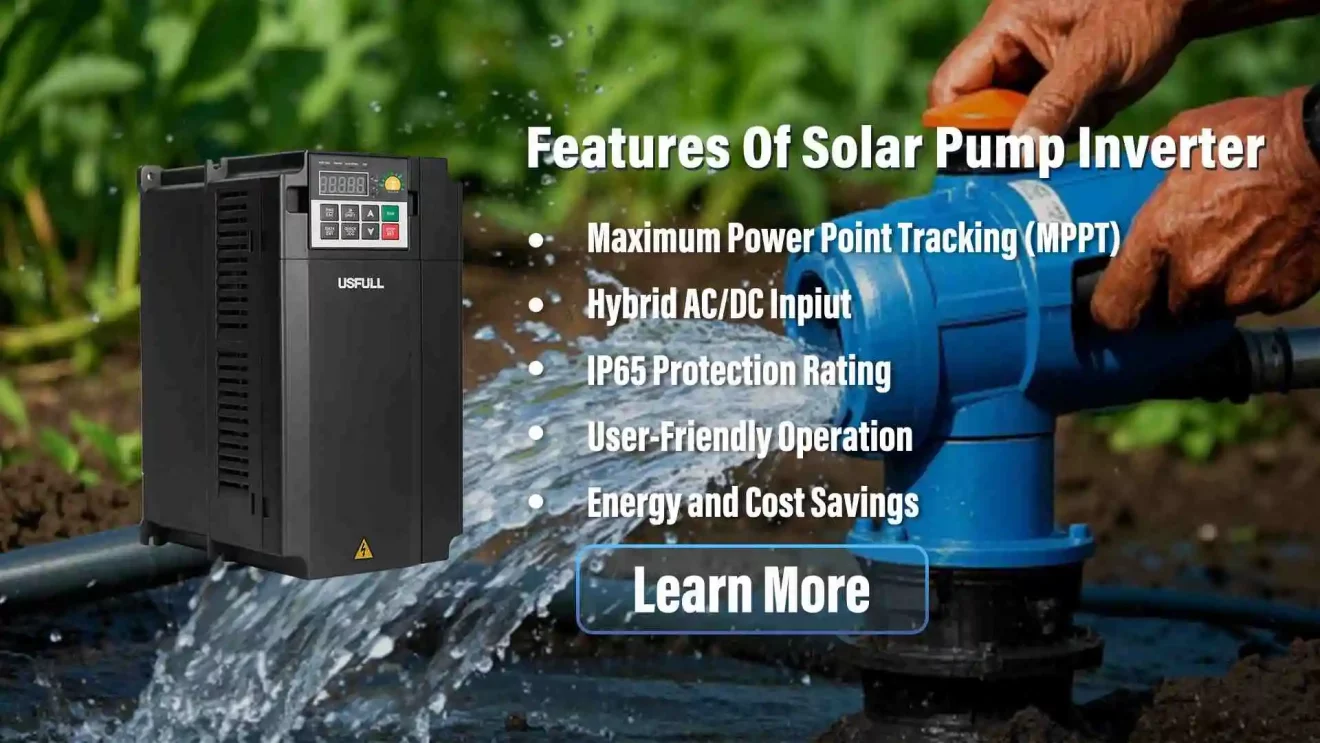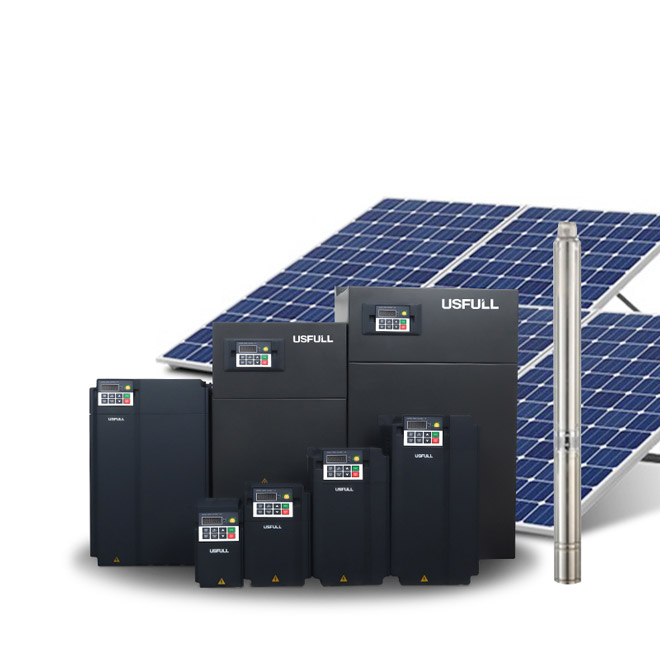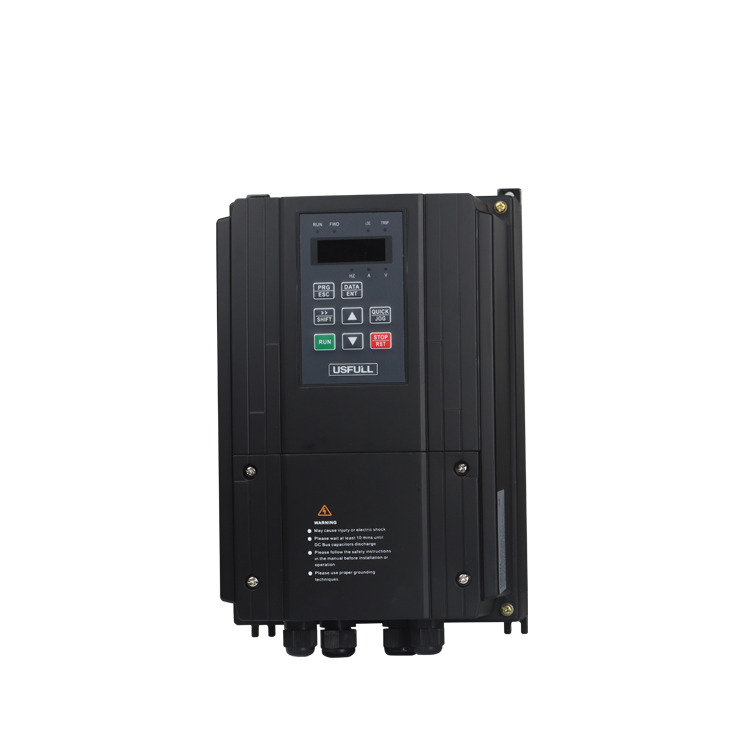Many farmers struggle with high electricity and diesel costs for irrigation. These costs reduce profits and harm the environment. Without a reliable power source, crops suffer. A solar pump inverter is the best solution, offering a cost-effective and eco-friendly way to keep farms productive.
A solar water pump inverter converts solar energy into stable power for water pumps, ensuring reliable irrigation without electricity bills or fuel costs. It provides a sustainable solution for remote areas, increasing crop yields while protecting the environment.
Why Should Farmers Consider Solar Pump Inverters?Traditional diesel and electric pumps are expensive and unreliable. Switching to a solar pump inverter reduces costs, minimizes maintenance, and ensures continuous water supply. Learn how this innovative solution improves irrigation efficiency.
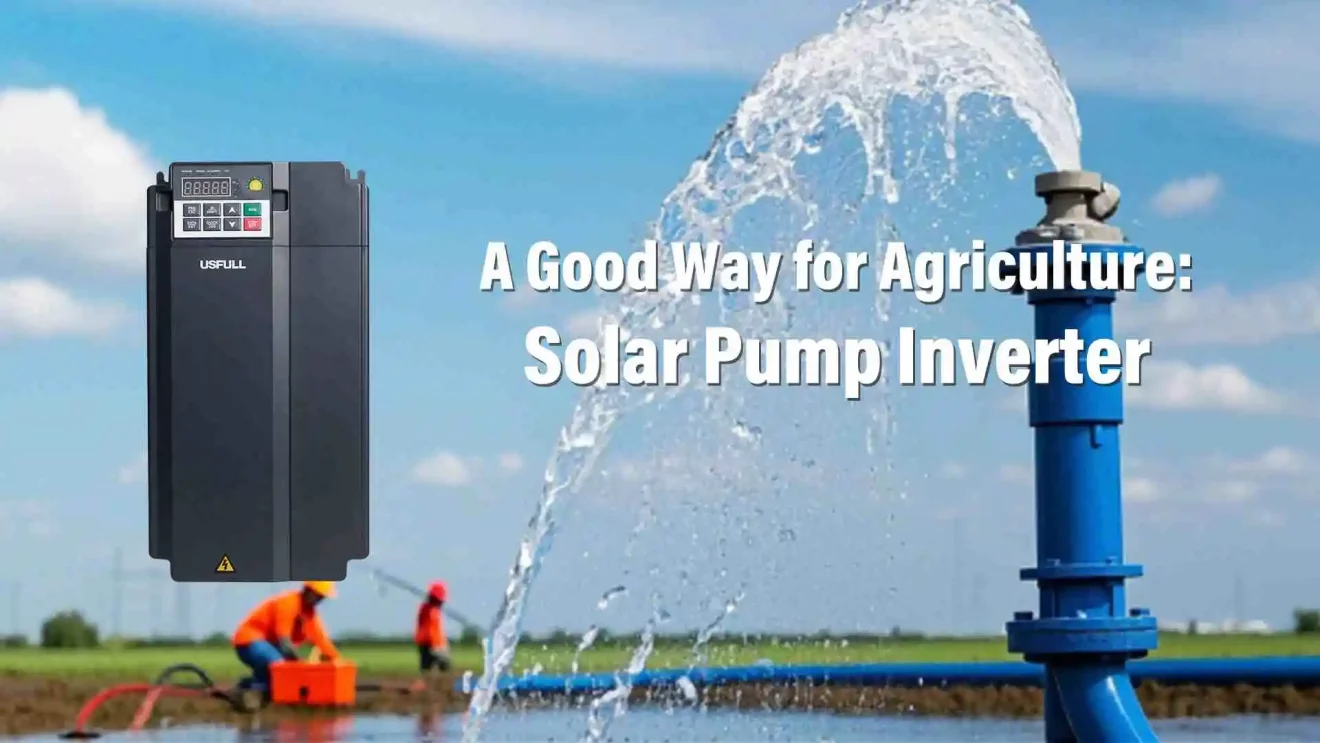
What Is a Solar Pump Inverter?
A solar water pump inverter is an electronic device that converts direct current (DC) from solar panels into alternating current (AC) to run water pumps. This ensures a steady and efficient water supply without relying on grid electricity or fuel-powered generators.
This variable frequency inverter adjusts the pump’s speed based on available sunlight, optimizing performance throughout the day. It also includes protective features against voltage fluctuations, overloading, and dry running, extending the pump’s lifespan.
Using a frequency inverter eliminates the need for manual adjustments, making irrigation more convenient. Whether for small farms or large-scale agriculture, a solar pump inverter is a cost-effective way to improve water management.

Features Of Solar Pump Inverter
A solar pump inverter comes with several essential features that enhance efficiency and durability:
Maximum Power Point Tracking (MPPT)
The variable frequency drive includes MPPT technology, optimizing power usage from solar panels to maximize efficiency, even on cloudy days.
Hybrid AC/DC Input
These inverters can seamlessly switch between solar power and AC grid input when needed, ensuring uninterrupted irrigation.
IP65 Protection Rating
Designed for harsh environments, most solar water pump inverters have an IP65 rating, protecting against dust, water, and extreme temperatures.
User-Friendly Operation
With an easy-to-use interface, remote monitoring, and automatic fault detection, these frequency inverters simplify pump management.
Energy and Cost Savings
By replacing diesel pumps, a variable frequency inverter significantly lowers operational costs and reduces reliance on non-renewable energy sources.
How Is Solar Pump Inverter Important for Irrigation?
Agriculture relies on a steady water supply, and a solar water pump inverter ensures consistent irrigation without high costs.
Cost Reduction: Eliminates fuel expenses and reduces electricity bills.
Increased Efficiency: Adjusts water flow based on demand, optimizing energy use.
Reliable Power Supply: Works in remote locations without a power grid.
Environmental Benefits: Reduces carbon emissions, supporting sustainable farming.
With these advantages, a solar pump inverter is a game-changer for modern agriculture.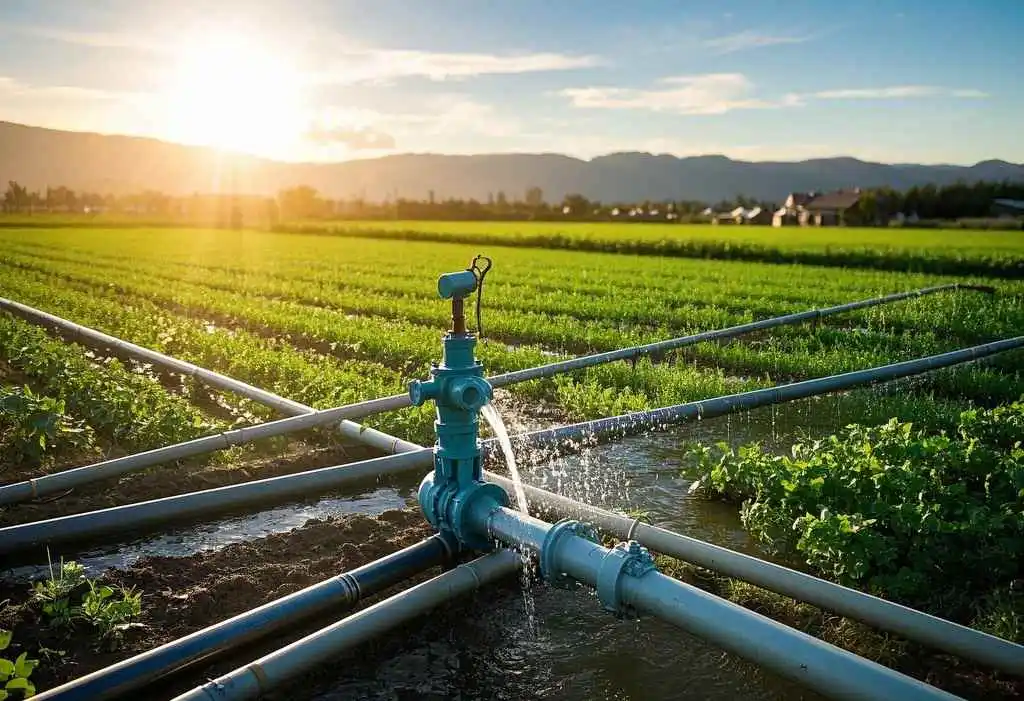
Can You Run a Water Pump on a Solar Pump Inverter?
Yes, you can run a water pump on a solar pump inverter, provided that the inverter’s capacity matches the pump’s power requirements.
A frequency inverter efficiently converts solar energy into a stable AC supply, allowing water pumps to function without grid power. The system ensures optimal performance, even in varying sunlight conditions, through variable frequency drive technology.
Additionally, hybrid models allow farmers to connect both solar and AC power sources, ensuring continuous operation even when sunlight is insufficient. This makes a solar water pump inverter a practical solution for irrigation systems worldwide.
What Size Inverter Do You Need to Run a Pump?
Choosing the right solar pump inverter depends on your pump’s specifications. Consider these factors:
Pump Power Rating: The inverter should match or exceed the pump’s wattage (e.g., a 1.5kW pump requires at least a 1.5kW inverter).
Starting Surge Capacity: Some pumps require extra power when starting, so choose a variable frequency drive that handles surge loads.
Voltage and Frequency Compatibility: Ensure the variable frequency inverter supports your pump’s voltage (e.g., 220V or 380V) and frequency (50Hz or 60Hz).
MPPT Efficiency: A high-quality frequency inverter with MPPT ensures maximum power extraction from solar panels.
By selecting the right solar water pump inverter, you ensure reliable and efficient irrigation.
A solar pump inverter is the best solution for farmers looking to reduce costs, improve efficiency, and achieve sustainable irrigation. Investing in this technology ensures long-term benefits for both agriculture and the environment.
